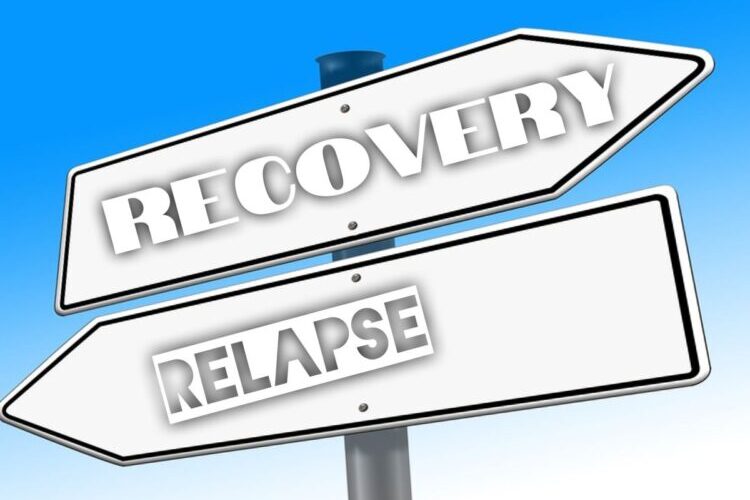Addiction is a complex and challenging issue that affects not only the individuals trapped in its grasp but also their families and loved ones. The journey to recovery from substance abuse is often arduous filled with ups and downs. One significant factor that plays a pivotal role in this journey is the support of family members.
Here, we will delve into the critical role of family support in drug rehab and recovery, exploring its impact on treatment outcomes and the well-being of both the addicted individual and their loved ones.
Page Contents [show]
The Family’s Crucial Role in Recovery
Here are some of the ways in which family support can significantly impact the rehabilitation and recovery process:
Creating a Supportive Environment:
Recovery is challenging, and individuals in treatment require a supportive and nurturing environment. Families can play a vital role in creating this atmosphere. By offering encouragement, understanding, and empathy, family members can help reduce the stress and anxiety experienced by their loved ones in rehab.
Enhancing Treatment Adherence:
The inclusion of family members in recovery efforts can have a profoundly positive effect on treatment adherence. Their presence serves as a constructive reminder for the individual to persevere in their rehabilitation journey.
Close relatives may accompany the individual to therapy sessions, and together, they can develop a tailored regimen aimed at sustained progress. It is easy to underestimate the power of family support; however, it is a vital factor that cannot be overlooked when striving for long-term success.
Reducing the Risk of Relapse:

Source: lifelineconnections.org
Navigating the road to addiction recovery is a challenging endeavour, one that brings with it the constant risk of relapse. Family members can act as an invaluable safeguard in this process, offering emotional nourishment and wisdom to their beloved relatives throughout their healing journey. Such unwavering love and counsel can prove essential in times of adversity, providing the stability and reassurance required to maintain progress on the path of recovery.
Improving Mental Health:
As addiction affects the entire family, improved mental health is a shared responsibility. By cultivating an environment of support and communication, loved ones can effectively alleviate feelings of loneliness and guilt which often accompany substance abuse.
This collaborative approach to improving mental health crystalises the notion that healing is best achieved through mutual understanding and collective efforts.
Practical Strategies for Family Support
To harness the full potential of family support in drug rehab and recovery, it’s essential to implement practical strategies:
Education and Awareness:

Source: skyrocketbpo.com
Families searching for a solution to the harrowing reality of addiction must take proactive steps toward information-seeking. It is essential that they familiarise themselves with the signs, symptoms, and various treatment options available.
Furthermore, it is vital that families stay attuned to the challenges their loved one is facing, as this can help cultivate understanding and guide them on their path to providing effective assistance. Acquiring knowledge is the first step in assuring successful support, so arm yourself with insight and allow that insight to become the foundation of compassion and care.
Communication:
For family support to reach its full potency, communication must be open and honest. Nurture an environment that encourages dialogue, where your loved one is free to express their thoughts and emotions without fear of judgement.
Listen attentively and actively, and offer your own sentiments in a courteous and respectful manner. You can craft a more powerful narrative by refining your writing tone and style; ensure that the text is well-informed, articulate, and relatable. It’s time to take the first steps towards creating meaningful change for stronger family bonds.
Set Boundaries:
It is essential to cultivate a harmonious equilibrium between compassion and consequence when caring for someone with an addiction. Support is essential, but enabling behavior can hamper rehabilitation and growth. It is prudent to set boundaries to guide both parties toward a shared goal of sobriety, while also communicating instructions in an informed and articulate manner.
Seek Professional Guidance:

Source: santecenter.com
The path to sobriety is not one you must take alone. Seeking the aid of professionals is often essential in tackling addiction effectively. With family therapy or counseling, you can be equipped with the knowledge and strategies necessary to confront the hurdles of recovery. Allow experienced experts to guide your journey towards a healthier, happier future.
Family support is a cornerstone of successful drug rehab and recovery. By creating a nurturing environment, enhancing treatment adherence, reducing the risk of relapse, and improving the mental health of all involved, family members play a vital role in their loved one’s journey to sobriety. However, it’s essential for families to educate themselves, communicate openly, set boundaries, seek professional guidance, and prioritize self-care.
If you or a loved one is seeking addiction treatment, consider exploring a reputable rehab facility in Oregon. Your path to recovery begins with the unwavering support of your family and the professional guidance provided by such facilities.





